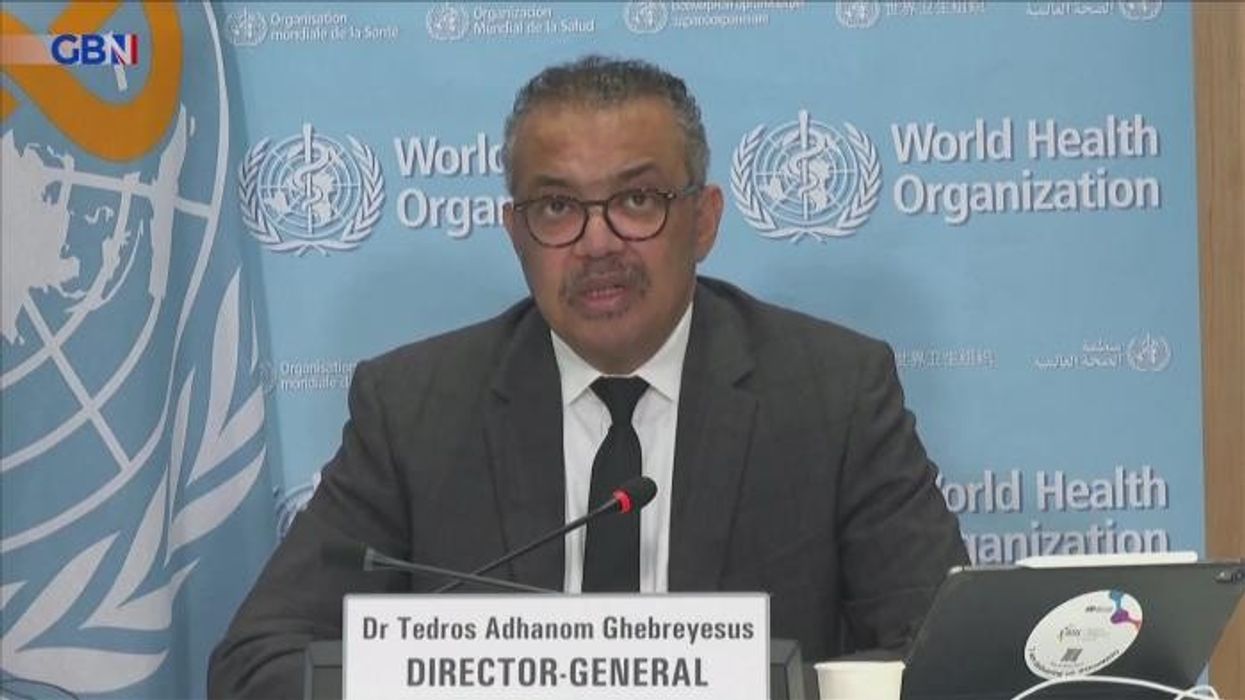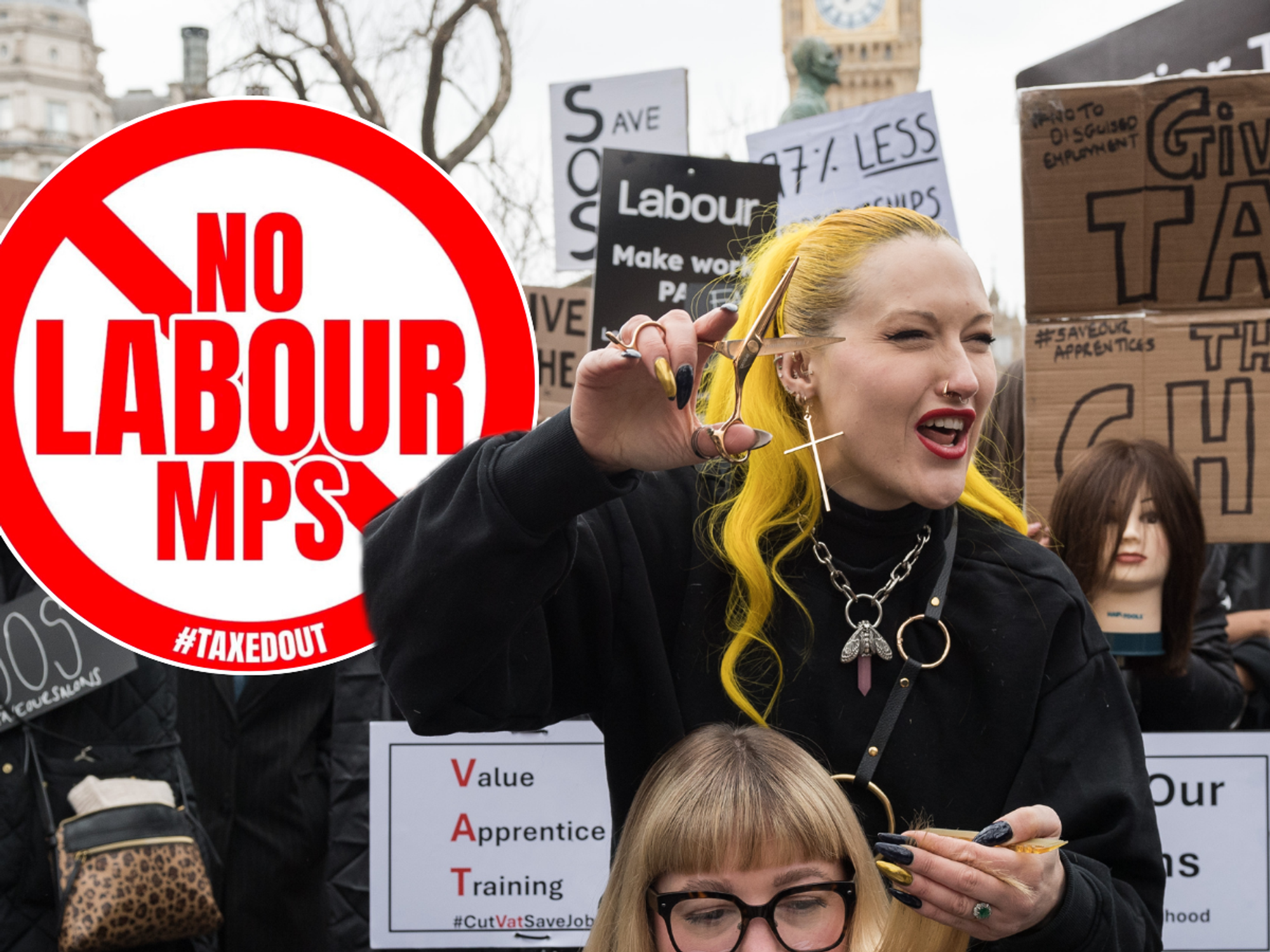Bird flu vaccine stockpile sparks alarm as experts warn of 'dangerous' consequences
Medical experts fear history is repeating itself
Don't Miss
Most Read
The UK Government’s decision to stockpile five million doses of bird flu vaccine has sparked anger among health experts, who fear it could be spending much needed cash on a threat that may never materialise.
Critics worry the move, which aims to protect the nation against a possible H5N1 influenza pandemic, mirrors past vaccine controversies, including the stockpiling of Tamiflu, in 2006 which cost nearly half a billion pounds.
This was done when experts advised the Government we needed to be protected against a bird flu pandemic.
The antiviral drug Tamiflu was stockpiled from 2006 in the UK when some agencies were predicting that a pandemic of bird flu could kill up to 750,000.
The huge death toll never materialised and the WHO says that between 2003 and November 2024, only 948 cases of confirmed H5N1 influenza, leading to 464 deaths globally.
There were also question marks over the efficacy of the drug, which a landmark analysis by the Cochrane foundation said worked no better than paracetamol.

Critics worry the move, which aims to protect the nation against a possible H5N1 influenza pandemic, mirrors past vaccine controversies
|GETTY
The manufacturers Roche and other experts say the analysis is flawed.
The Health Security Agency (UKHSA) has defended the stockpile as a precautionary measure. It would not put a price on the move, citing confidentiality as a reason and it says buying vaccines is essential for pandemic preparedness.
But experts worry the same mistakes are being repeated. They are calling for transparency about the vaccine’s composition, effectiveness, and safety.
“This feels like history repeating itself,” said Professor Carl Heneghan, Director of the Centre of Evidence Based Medicine at Oxford University.

The Health Security Agency (UKHSA) has defended the stockpile as a precautionary measure
| PAHe added: “We’ve seen what happens when public health agencies act hastily without solid evidence.”
In 2006, during fears of a bird flu outbreak, the UK spent £473million stockpiling Tamiflu, an antiviral drug touted as a game-changer. However, it was later claimed its manufacturer, Roche withheld vital information on how well Tamiflu worked.
Detailed research subsequently revealed the drug performed no better than paracetamol in reducing flu symptoms and had no proven effect on slowing the spread of the disease.
The review also exposed serious side effects, including nausea, headaches, and psychiatric problems. “The £500million spent on Tamiflu didn’t benefit human health at all,” said Professor Tom Jefferson, one of the authors of the Cochrane analysis. “If anything, it harmed people.”
Roche disputes these findings. Other health experts have also raised concerns over the methodology used by the Cochrane Collaboration.
Public health agencies have defended the decision in 2006, insisting Tamiflu had been approved by regulators in over 100 countries. Professor Heneghan, however, argued that reliance on incomplete or hidden data misled governments into wasting public funds.
A spokesman for the UKHSA said: "UKHSA spokesperson said: “The UK’s pandemic preparedness plans are developed using evidence and modelling from a wide range of experts and advice from expert advisory committees to Government.
“It’s vital we’re prepared against a range of different influenza viruses that may pose human health risks.
“The procurement will strengthen the UK’s preparedness for a H5 influenza originated pandemic by ensuring that vaccines are immediately available to protect those at highest risk of disease, while a pandemic specific vaccine is made ready.
“The UK Government already has an advance purchase agreement for pandemic vaccines if or when they are needed, that would be tailored to combat the specific pandemic flu strain identified at the time and continues to partner with industry to develop strong preparedness plans and ensure rapid response capabilities against these health threats.
“Early access to vaccines saves lives and this purchase is part of the wider preparedness plans for influenza virus pandemics.”











